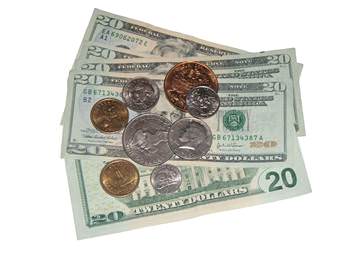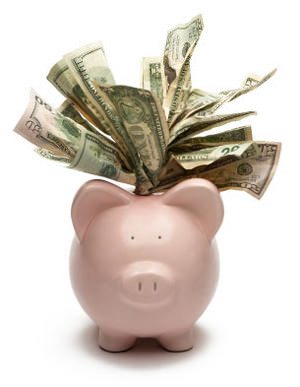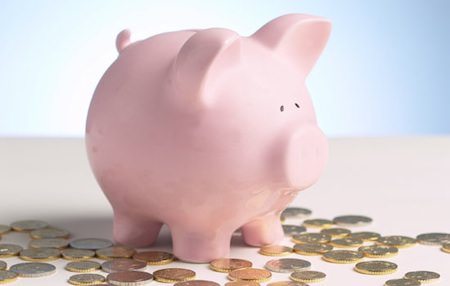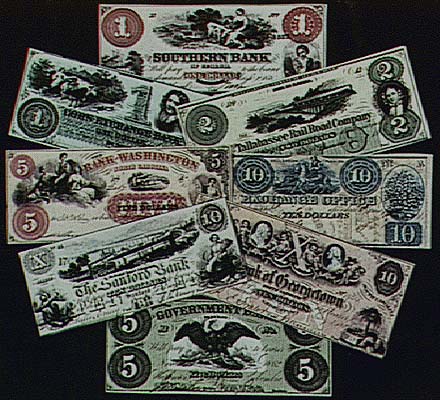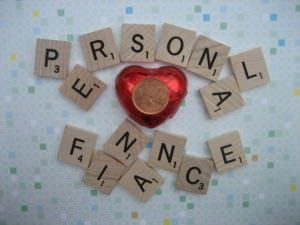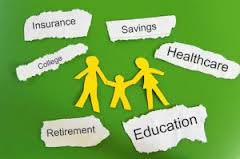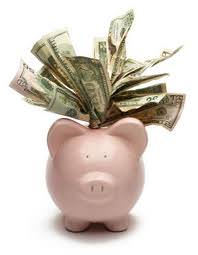Personal Finances Tips & Advice
Securing control of your personal financial situation is not a very easy thing to do sometimes, especially since the cost of living keeps going up as the economy worsens. With the proper plans, you can enjoy life now, while still building a better future for yourself. Necessary sacrifices are all that it takes, and with discipline, these start adding up in a compound manner.
You must draw up a budget, and you must stick to it. This budget should be realistic, and you must be sure to include everything that needs to be included. When you create your budget, you need to make sure you pay yourself first. You also need to put tithes and charity at the forefront of your budget. After those two things, you should start budgeting out your bills and spending last.
Impulse buying is the target of every advertising company out there. They want you to impulse buy. You need to avoid this at all cost, especially on higher priced items. You should think things through, and always remember your budget. Many impulse buys are due to people not taking into account their budgets.
Personal Finances and Your Financial Goals
You need to have set goals in order to see positive results. Your overall long-term goal is to gain control over your personal finances. You might have other long-term goals, and you definitely need to have short-term goals as well. Short-term goals help you track and show progress, and they also help you stay motivated along your journey.
You need to build an emergency fund. For starters, save up 500 dollars really quickly before you do anything else. After this, you should incorporate everything else you need to do, but keep building your emergency fund. The next checkpoint is 1000 dollars. After you have reached this checkpoint, you need to think about saving up three to six months worth of living expenses. After you hit this checkpoint, then it is just the duty of continuing to grow this fund as you take care of everything else.
Focus on becoming debt free. No matter where you are on the debt ladder, it is never too late to make the decision to change. You can pay off your debt, and you will be working toward becoming debt free.
Do what you can to maximize your income. You may be able to pick up a second job, or maybe you can find some extra income online. Perhaps you have a hobby in which you can make some extra money.
Personal Finances Strategies – Investing in Your Future
Be sure to invest in your future. Studies show that the stock market has a higher rate of return over other investments in the long run. There are many different investment vehicles and strategies, and this varies according to many things including age.
If personal finances was easy, and you could build wealth without any knowledge and hard work, then everyone would be wealthy and in control of their situation. It does take some sacrifices, but it allows you to live happily in the present while building a big future for you and your family. Personal finances tips and advice that you have read in this article to help you on your journey.
